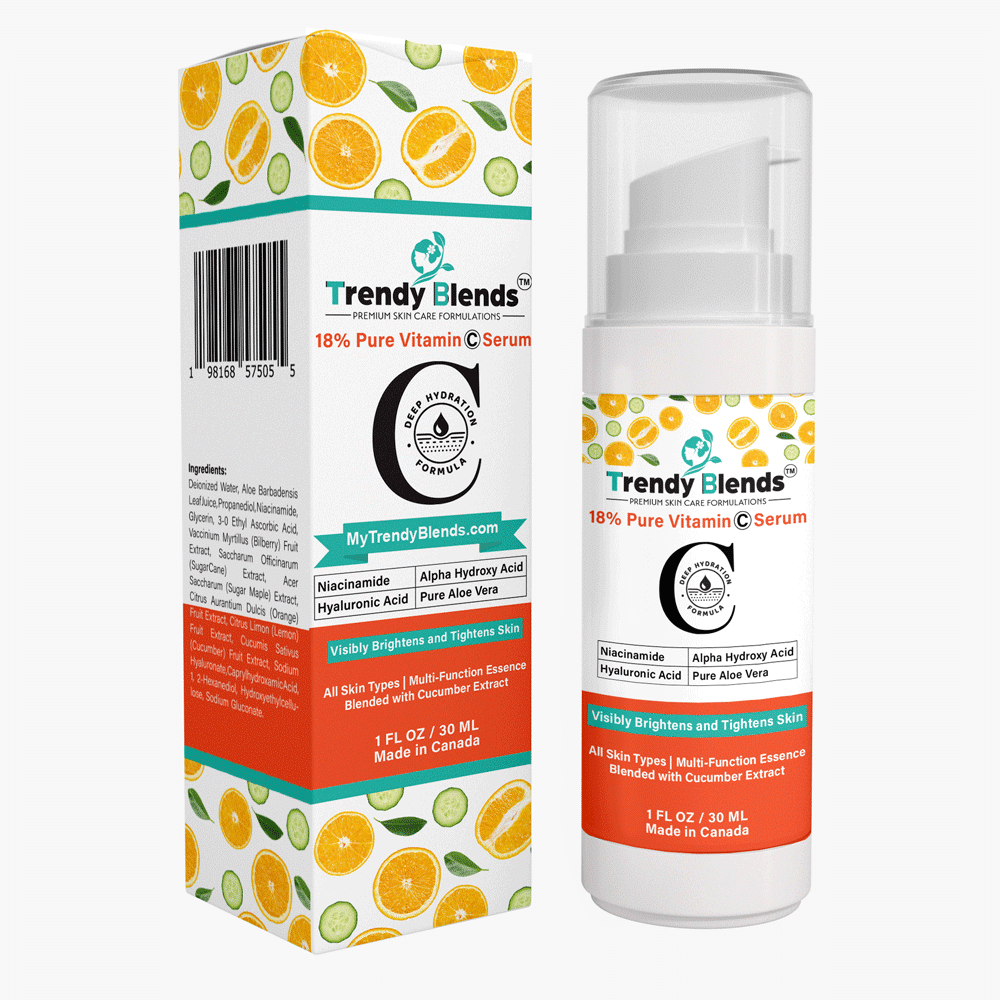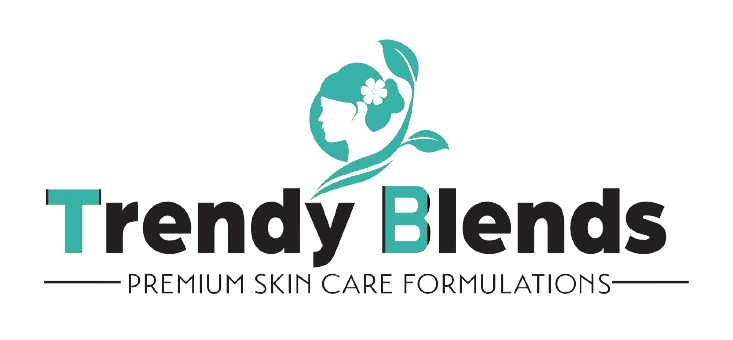How to Combat Aging Skin: 10 Essential Tips
10 Tips to Ease the Aging Skin Process.
Table of Contents
The quest for youthful, radiant skin is as old as time itself. While aging is a natural and beautiful process, the visible signs that accompany it – wrinkles, fine lines, age spots, and loss of firmness – can sometimes feel unwelcome. Fortunately, understanding the science behind aging skin and adopting a proactive skincare approach can significantly help combat these changes and maintain a healthy, vibrant complexion for longer.
This article serves as your comprehensive guide to navigating the world of anti-aging skincare. We delve into 10 essential tips, grounded in dermatological expertise, that will empower you to take control of your skin’s aging journey. It’s not about erasing time, but about embracing healthy aging and nurturing your skin to look and feel its best at every stage of life.
Understanding the Aging Process: A Quick Overview
Before diving into the tips, it’s crucial to understand what happens to our skin as we age. The aging process is multifaceted, influenced by both intrinsic (internal) and extrinsic (external) factors:
- Intrinsic Aging: This is the natural, chronological aging dictated by our genes. It leads to a gradual decrease in collagen and elastin production (the proteins responsible for skin’s firmness and elasticity), reduced cell turnover, and diminished oil gland activity, resulting in thinner, drier skin that is more prone to wrinkles and sagging.
- Extrinsic Aging: This is influenced by environmental aggressors and lifestyle choices. The biggest culprit is sun exposure (UV radiation), which accelerates collagen breakdown, causes pigmentation issues, and leads to premature wrinkles. Other factors include pollution, smoking, poor diet, stress, and lack of sleep.
The good news is that while we can’t stop intrinsic aging, we can significantly mitigate the effects of extrinsic aging through consistent skincare and healthy lifestyle habits.

10 Essential Tips to Combat Aging Skin
Here are ten evidence-backed tips that will form the cornerstone of your anti-aging skincare strategy:
1. Sun Protection: Your Non-Negotiable Shield
Sunscreen is unequivocally the most crucial anti-aging product. UV radiation from the sun is responsible for up to 80% of visible skin aging. Consistent and diligent sunscreen use is not just about preventing sunburn; it’s about safeguarding your skin’s youthfulness in the long run.
| Sunscreen Factor | Importance for Anti-Aging | Recommendation |
|---|---|---|
| SPF (Sun Protection Factor) | Measures protection against UVB rays (primary cause of sunburn and skin cancer). | Broad-spectrum SPF 30 or higher is recommended daily. |
| Broad Spectrum | Indicates protection against both UVA and UVB rays. UVA rays penetrate deeper and contribute to aging. | Always choose broad-spectrum sunscreen. |
| Application | Proper and consistent application is vital. | Apply generously 15-30 minutes before sun exposure and reapply every two hours, or more frequently if sweating/swimming. |
2. Hydration is Key: Quench Your Skin’s Thirst
Well-hydrated skin is plump, supple, and less prone to wrinkles. Dehydration exacerbates the appearance of fine lines and makes skin look dull. Hydration works both internally and externally.
- Drink Plenty of Water: Aim for at least 8 glasses of water daily. Hydration starts from within.
- Moisturize Regularly: Apply a moisturizer twice daily, morning and night, especially after cleansing. Look for moisturizers containing humectants (like hyaluronic acid and glycerin) that attract moisture to the skin, and emollients (like ceramides and shea butter) that create a protective barrier to lock in hydration.

Trendy Blends – Vitamin C Serum
Fight aging skin with Vitamin C Serum! Brighten, firm, & reduce wrinkles. Discover the power of Vitamin C for a youthful glow.

3. Retinoids: The Gold Standard for Anti-Aging
Retinoids, derivatives of Vitamin A, are dermatologists’ darlings for anti-aging. They are scientifically proven to:
- Boost Collagen Production: Reducing wrinkles and improving skin firmness.
- Increase Cell Turnover: Exfoliating dead skin cells and revealing fresher, brighter skin.
- Reduce Hyperpigmentation: Fading age spots and uneven skin tone.
- Improve Skin Texture: Smoothing rough patches and refining pores.
| Retinoid Type | Strength & Accessibility | Benefits | Considerations |
|---|---|---|---|
| Retinol | OTC (Over-the-Counter), Milder | Gradual improvement in wrinkles, texture, and tone. | Lower potency, may take longer to see results, less irritating for beginners. |
| Retinaldehyde | OTC, Moderate | More potent than retinol, quicker results. | Can be slightly more irritating than retinol. |
| Retinoids (Prescription): | Prescription Only, Strong | Strongest and most effective for significant anti-aging results (like Tretinoin). | Higher risk of irritation, requires careful and gradual introduction, usually prescribed by a dermatologist. |
Start slowly with retinoids, especially if you are new to them. Begin with a low concentration retinol product a few times a week at night, gradually increasing frequency as your skin tolerates it. Always use sunscreen during the day when using retinoids, as they can increase sun sensitivity.
4. Antioxidants: Your Skin’s Defense Against Free Radicals
Free radicals are unstable molecules that damage skin cells and contribute to aging. They are generated by pollution, UV radiation, and normal metabolic processes. Antioxidants neutralize free radicals, protecting skin from oxidative stress.
Key Antioxidants for Skin:
- Vitamin C: Brightens skin, boosts collagen, and protects against free radicals.
- Vitamin E: Hydrates, protects cell membranes, and works synergistically with Vitamin C.
- Niacinamide (Vitamin B3): Improves skin barrier function, reduces redness, and minimizes pores.
- Resveratrol: Derived from grapes, powerful antioxidant with anti-inflammatory properties.
- Green Tea Extract: Rich in antioxidants, soothes skin, and combats free radicals.
Incorporate antioxidant-rich serums and creams into your routine, ideally in the morning before applying sunscreen to maximize protection throughout the day.
5. Gentle Cleansing: Respect Your Skin Barrier
Harsh cleansers can strip your skin of its natural oils, disrupting the skin barrier and leading to dryness, irritation, and premature aging. Choose gentle, sulfate-free cleansers that cleanse effectively without compromising your skin’s natural balance.
Ingredients to Avoid in Cleansers:
- Sodium Lauryl Sulfate (SLS) & Sodium Laureth Sulfate (SLES): Harsh surfactants that can be drying and irritating.
- Fragrance: Common irritant, especially for sensitive skin.
- Alcohol Denat.: Can be drying and dehydrating in high concentrations.
Opt for cream-based, oil-based, or gentle gel cleansers. Double cleansing (using an oil-based cleanser followed by a gentle water-based cleanser) can be beneficial at night to thoroughly remove makeup and sunscreen without harsh scrubbing.
6. Exfoliation: Reveal Radiant, New Skin
Exfoliation removes dead skin cells from the surface, revealing brighter, smoother skin underneath. It also helps improve the absorption of other skincare products.
Types of Exfoliation:
| Exfoliation Type | Mechanism | Frequency Recommendation | Best Suited For |
|---|---|---|---|
| Chemical Exfoliation | Uses acids (AHAs, BHAs, PHAs) to dissolve dead skin cells. | 1-3 times per week | Most skin types, especially effective for fine lines, wrinkles, and pigmentation. |
| Physical Exfoliation | Uses scrubs, brushes, or cloths to manually remove dead skin cells. | 1-2 times per week | Those who prefer manual exfoliation, but be gentle to avoid irritation. |
Popular Chemical Exfoliants:
- AHAs (Alpha Hydroxy Acids): Glycolic acid, lactic acid – effective for surface exfoliation, brightening, and improving texture.
- BHAs (Beta Hydroxy Acids): Salicylic acid – oil-soluble, penetrates pores, good for acne-prone skin.
- PHAs (Poly Hydroxy Acids): Gluconolactone, lactobionic acid – gentler than AHAs, suitable for sensitive skin.
Start with gentle exfoliation and gradually increase frequency as tolerated. Avoid over-exfoliating, which can damage the skin barrier.
7. Nourish from Within: Diet and Hydration for Skin Health
Skincare is not just topical; what you put inside your body significantly impacts your skin’s health and appearance. A balanced diet rich in antioxidants, vitamins, and healthy fats supports collagen production, skin hydration, and overall skin health.
Foods for Healthy, Youthful Skin:
- Fruits and Vegetables: Rich in vitamins, minerals, and antioxidants. Berries, leafy greens, tomatoes, and bell peppers are excellent choices.
- Healthy Fats: Omega-3 fatty acids found in fatty fish (salmon, mackerel), flaxseeds, and walnuts contribute to skin hydration and reduce inflammation.
- Lean Protein: Essential for collagen production and skin repair.
- Water: Crucial for hydration and cell function.
8. Prioritize Sleep: Beauty Sleep is Real
“Beauty sleep” is not just a saying; it’s grounded in science. During sleep, your body repairs and regenerates cells, including skin cells. Lack of sleep can lead to increased cortisol (stress hormone) levels, which can break down collagen and accelerate aging.
Aim for 7-9 hours of quality sleep per night. Consistent sleep allows for optimal skin cell regeneration, reducing the appearance of dark circles, puffiness, and dullness.
9. Manage Stress: Minimize Its Impact on Your Skin
Chronic stress elevates cortisol levels, which can contribute to inflammation, breakouts, and accelerated aging. Stress can also exacerbate skin conditions like eczema and psoriasis.
Stress Management Techniques for Healthier Skin:
- Regular Exercise: Reduces stress hormones and improves circulation.
- Mindfulness & Meditation: Calms the mind and reduces stress.
- Yoga & Deep Breathing: Promotes relaxation.
- Hobbies & Social Connections: Engaging in enjoyable activities and spending time with loved ones can reduce stress.
10. Consider Professional Treatments: Boost Your Routine (Optional)
While consistent home skincare is foundational, professional treatments can offer a more intensive approach to combatting aging. These treatments should be considered as supplementary to a good skincare routine, not replacements.
Common Professional Anti-Aging Treatments:
- Laser Resurfacing: Reduces wrinkles, improves skin texture, and fades pigmentation.
- Chemical Peels: More intense exfoliation, can address deeper wrinkles and pigmentation.
- Microneedling: Stimulates collagen production by creating tiny micro-injuries in the skin.
- Dermal Fillers: Injectable substances that plump wrinkles and restore volume loss.
- Botox & Dysport: Neuromodulators that relax facial muscles and reduce the appearance of dynamic wrinkles (expression lines).
Consult with a board-certified dermatologist to determine if professional treatments are right for you and to discuss the best options based on your skin concerns and goals.
Conclusion: Embracing Healthy Aging
“Wrinkles should merely indicate where smiles have been.” – Mark Twain
This quote beautifully encapsulates the essence of healthy aging. Combating aging skin is not about chasing an unattainable ideal of eternal youth, but about nurturing your skin to be healthy, resilient, and radiant at every age. By consistently implementing these 10 essential tips – from diligent sun protection to nourishing your body from within – you can significantly mitigate the visible signs of aging and embrace a confident, vibrant complexion for years to come. Remember, consistency and patience are key. Start incorporating these tips into your daily routine and celebrate the journey of healthy, graceful aging.
Frequently Asked Questions (FAQs) about Combating Aging Skin
Q1: When should I start using anti-aging skincare products?
A: It’s never too early to start focusing on healthy skin habits. Sunscreen should be used from childhood onwards. For dedicated anti-aging products like antioxidants and retinoids, starting in your late 20s or early 30s is generally recommended as collagen production starts to naturally decline around this time.
Q2: Are expensive skincare products always more effective?
A: Not necessarily. The effectiveness of a product depends more on its active ingredients and formulation than its price tag. Many affordable products contain potent ingredients and can be just as effective as their high-end counterparts. Focus on ingredients and research, not just price.
Q3: Do anti-aging creams really work?
A: Yes, products containing scientifically proven ingredients like retinoids, antioxidants, peptides, and hyaluronic acid can effectively address signs of aging. However, manage expectations; creams can improve the appearance of wrinkles and fine lines, but they are not a substitute for procedures or a magic eraser. Consistency and realistic expectations are crucial.
Q4: What’s the difference between wrinkles and fine lines?
A: Fine lines are superficial, shallower lines that are often the first signs of aging. They are usually caused by dehydration, sun exposure, and repetitive facial movements. Wrinkles are deeper, more established lines that involve structural changes in the skin, including collagen and elastin breakdown. Wrinkles are a more advanced stage of aging compared to fine lines.
Q5: Is it too late to start an anti-aging routine if I’m already [age, e.g., 50, 60]?
A: Absolutely not! It’s never too late to start taking care of your skin. While existing wrinkles and damage may be more pronounced, adopting a consistent anti-aging routine can still significantly improve your skin’s health, texture, and appearance at any age. Focus on protection and rejuvenation.
Q6: Are natural remedies effective for aging skin?
A: Some natural ingredients like green tea, aloe vera, and certain plant oils possess antioxidant and soothing properties that can be beneficial for skin. However, the scientific evidence supporting their anti-aging efficacy compared to established ingredients like retinoids and Vitamin C is often limited. Natural remedies can be supplementary but should not replace evidence-based skincare practices.
